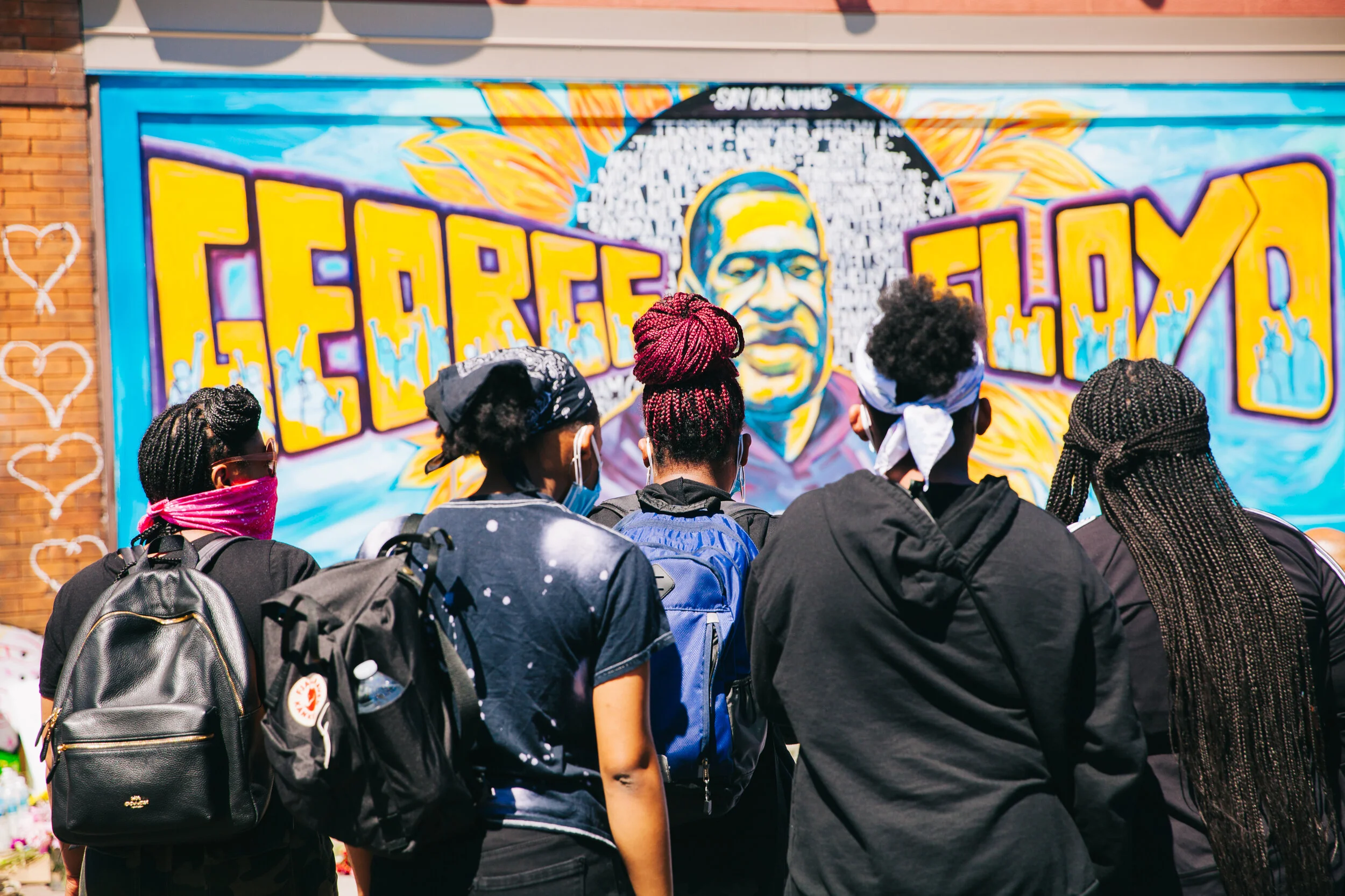A Funder Shores Up a Scholarly Bulwark Against President Trump's Immigration Policies
/The U.S. Supreme court
President Trump's recent executive order underscores the incredible fluidity and unpredictability around the issue of immigration law. After all, Trump's suspended order, which could still head to the Supreme Court, came roughly eight months after the very same court struck down President Obama's own executive order on immigration, issued in late 2014.
And now comes word from Politico that President Trump is open to reviving the bipartisan “Gang of Eight” immigration overhaul the Senate passed in 2013. Oh, and at the time of writing, just for good measure, the administration may "re-do" its suspended executive order to make it more court-friendly.
The bottom line? Immigration law is a complex moving target, and that isn't going to change anytime soon. Which is why I'm particularly intrigued by a grant from the Robina Foundation to the University of Minnesota Law School. The $25 million gift—the largest in the school's history—will, among other things, provide permanent financial support via a $23.5 million endowment gift to the newly named James H. Binger Center for New Americans.
According to the school, the center creates "a national model for the provision of comprehensive and cohesive legal services for immigrant communities" through a variety of means, including "improving federal immigration law and policy through impact litigation; protecting detainee rights and improving access to legal representation for refugees and immigrants; and educating noncitizens about their legal rights."
During its four-year pilot program—also supported by the Robina Foundation—the center won a landmark case at the U.S. Supreme Court, won political asylum for clients from around the world, and won release for detained immigrants in Minnesota.
In short, the school is a safe harbor from the swirling winds of confusion, fear, and "alternative facts" afflicting immigrant communities. It's important stuff, especially when you take into account the fact that—as the title of this post suggests—many large foundations remain shamefully silent on Trump's executive order.
Not so with the Binger Center (and by extension, the Robina Foundation): According to Minnesota Public Radio, the center organized a rapid response against President Trump's travel ban and helped Minnesota and Washington secure an injunction blocking the executive order nationwide.
Of course, gifts of this nature are hatched many months, if not years in advance, and its announcement, which came within a week of Trump's order, was purely coincidental. Nonetheless, "We only need to look at the headlines today to understand the importance of this gift," University President Eric Kaler said in a news conference announcing the donation.
I'd like to take that sentiment a step further. Moving forward, we can expect the center to become an even stronger legal bulwark against potential immigration overreach, especially now that it has long-term financial security thanks to the Robina Foundation.
One other thing: While we tend to think of advocacy nonprofits as leading policy fights, some of the best legal minds in the nation can be found in the academy. Donors who figure out how to bring that firepower to bear on public debates can have a big impact. (Another good example along these lines is the Williams Institute at the UCLA School of Law, the preeminent legal think tank for the LGBT movement.)
As for the Robina Foundation itself, the Minnesota-based funder seeks to "positively impact critical social issues by encouraging innovation and financially supporting transformative projects" of its four institutional partners—Abbott Northwestern Hospital in Minneapolis, the Council on Foreign Relations in New York, the University of Minnesota Law School, and Yale University. This newest grant brings the Robina Foundation’s total giving to the University of Minnesota to nearly $60 million since 2008.
The center will be renamed for the late James H. Binger, who was Robina’s founder and a 1941 graduate of the law school. As for the remainder of the gift, $1 million will establish and fund the James H. Binger Professorship in Clinical Law, and $500,000 will support scholarships for law school students.







































